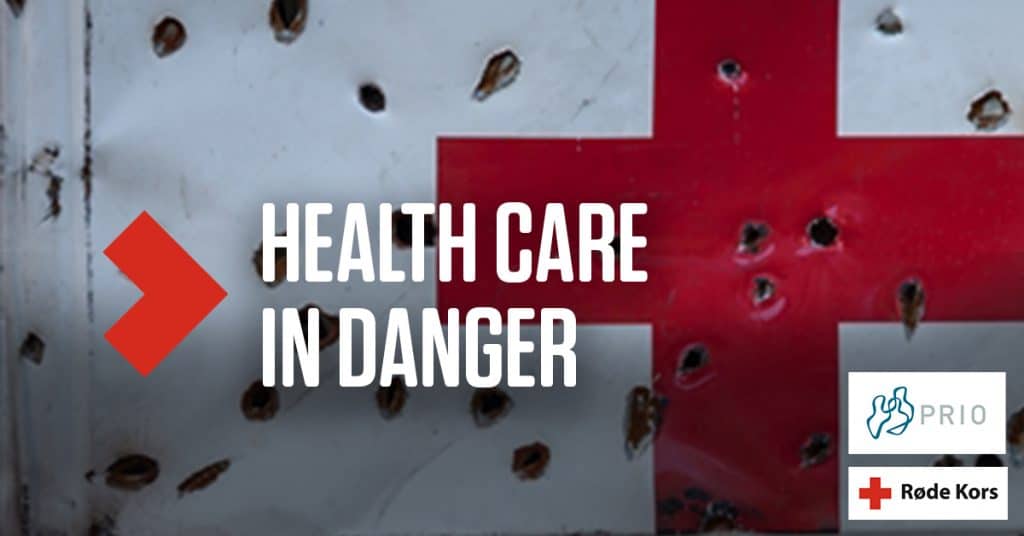Five years ago, the United Nations Security Council unanimously adopted resolution 2286 on the protection of health care in conflict. Nevertheless, violence has continued.
The Safeguarding Health in Conflict Coalition (SHCC) and Insecurity Insight has recorded more than 4,000 unique incidents of violence against health care in situations of armed conflict – on average more than two incidents a day – between 2016 and 2020. Almost 1,000 health facilities were damaged or destroyed, with the highest numbers in Syria, Yemen and Libya. Almost 700 health workers were killed, and more than 400 were kidnapped, while another 1,500 were injured. Despite the adoption of SCR 2286, no perpetrators have been brought before the International Criminal Court.
The onset of the Covid-19 pandemic has further underscored the importance of protecting health care and health workers. From February to July 2020, the International Committee of the Red Cross (ICRC) recorded 611 violent incidents against health-care workers, patients and medical infrastructure associated with the Covid-19 response, about 50 percent higher than average.
Health Care in Danger (HCID) is an initiative of the International Red Cross and Red Crescent Movement aimed at addressing the issue of violence against patients, health workers, facilities and vehicles, and ensuring safe access to and delivery of health care in armed conflict and other emergencies.
This webinar explored what more can be done to protect heath care in conflict and support the implementation of SCR 2286. Particular questions explored include:
The panelists for this event included:
This webinar was moderated by Maria Gabrielsen Jumbert, Research Director at the Peace Research Institute of Oslo (PRIO) and NCHS Co-Director.
